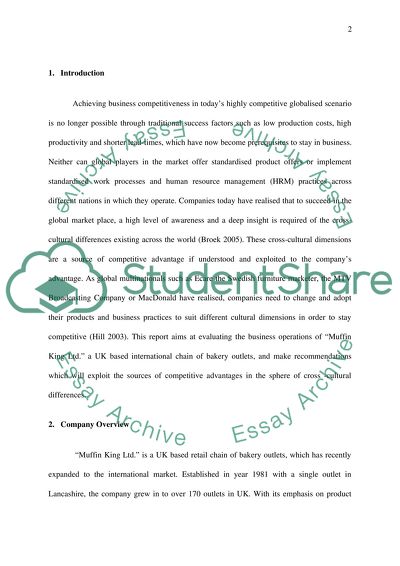Cite this document
(“Cross Cultural Awareness for the International Manager Essay - 1”, n.d.)
Cross Cultural Awareness for the International Manager Essay - 1. Retrieved from https://studentshare.org/miscellaneous/1537321-cross-cultural-awareness-for-the-international-manager
Cross Cultural Awareness for the International Manager Essay - 1. Retrieved from https://studentshare.org/miscellaneous/1537321-cross-cultural-awareness-for-the-international-manager
(Cross Cultural Awareness for the International Manager Essay - 1)
Cross Cultural Awareness for the International Manager Essay - 1. https://studentshare.org/miscellaneous/1537321-cross-cultural-awareness-for-the-international-manager.
Cross Cultural Awareness for the International Manager Essay - 1. https://studentshare.org/miscellaneous/1537321-cross-cultural-awareness-for-the-international-manager.
“Cross Cultural Awareness for the International Manager Essay - 1”, n.d. https://studentshare.org/miscellaneous/1537321-cross-cultural-awareness-for-the-international-manager.


